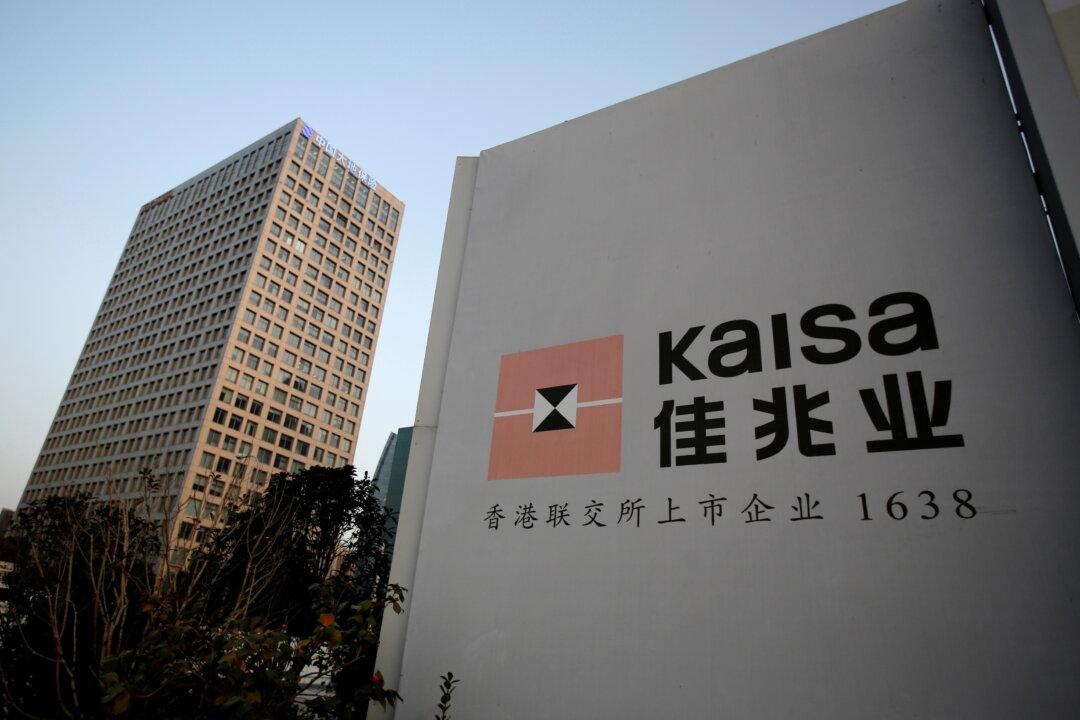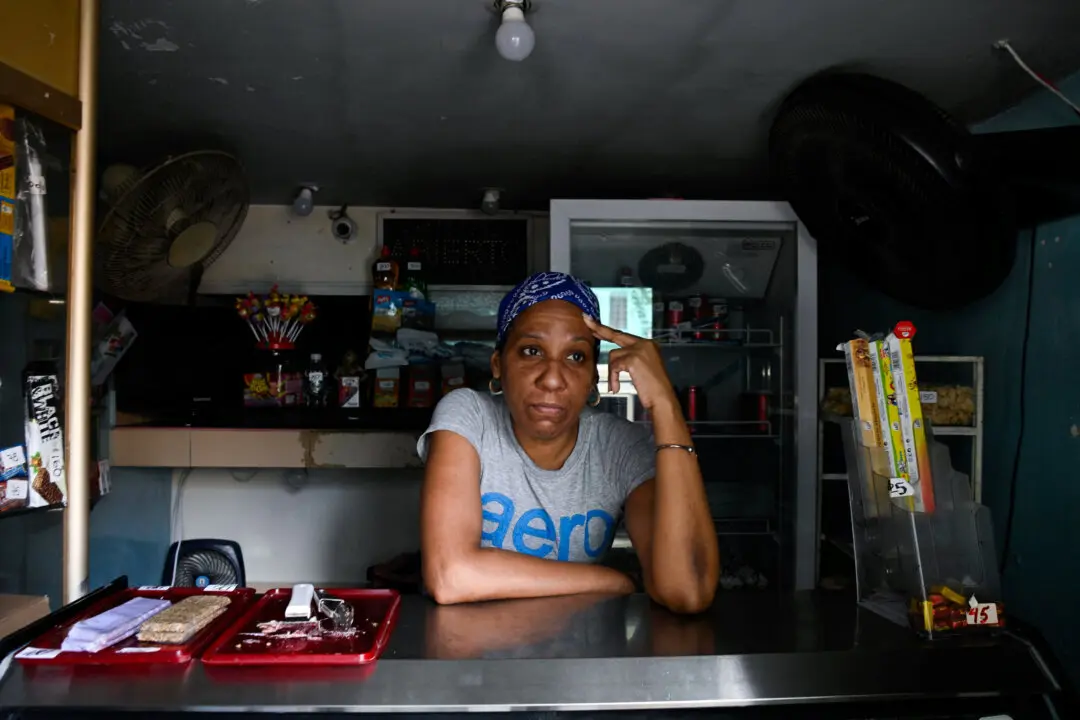SHENZHEN, China/HONG KONG—Chinese property developer Kaisa Group Holdings Ltd. said on Thursday its finance unit had missed a payment on a wealth management product (WMP), adding to worries about a cash crunch at the debt-strapped company.

A construction site by Chinese property developer Kaisa Group is seen at an area of downtown Shanghai, China, on Feb. 17, 2015. Carlos Barria/Reuters
|Updated:




